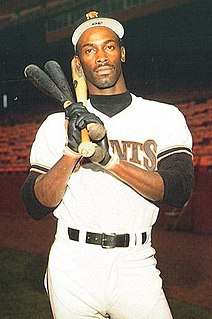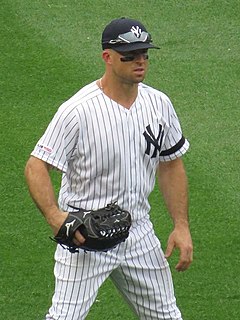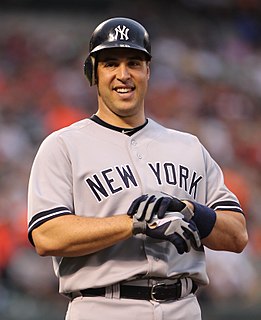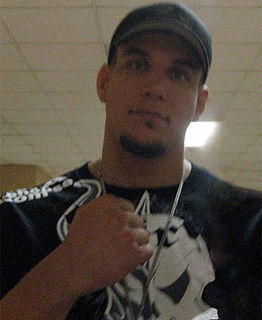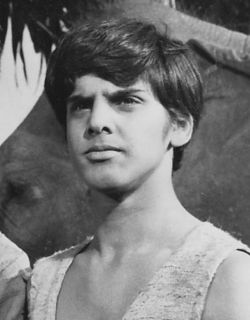A Quote by Rebecca Eaton
Anybody who pitches a story or an idea for a film to an executive, whatever the latest hit is, is what you're comparing it to.
Related Quotes
There are certain things I can't do, certain pitches I can't hit. You stay away from them. You try to wait for pitches you can hit. The bat speed isn't what it used to be. You make up for it by using your head, working counts, getting ahead in counts and getting pitches to hit and hitting them hard.
Sometimes you go to home plate, and you have an idea, like a clear idea, of what they're going to throw to you. I think that's all: getting better pitches to hit, realizing when you hit the ball better, what pitch you hit, if you're chasing too much. If you figure out all that, you can get a little better as a player.
Thank God, 50 years ago I learned that our entire business is all based on two things; a great song and a great story. Film, television, if you don't have that story, nothing else matters. You don't call anybody else or direct anybody. The same with a song. A great song can make the worst singer in the world a star.
He doesn't like to be hit. Not that anybody likes to be hit, but Brock for whatever reason has shown much more of a dramatic response to the negativity of those shots. To the point where he's not asleep, it isn't like he got knocked out, he's not getting dropped, but he just turns his face away from adversity.

